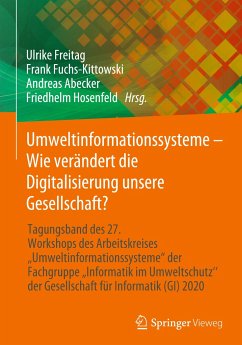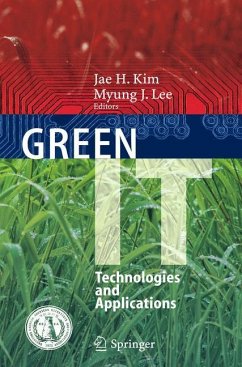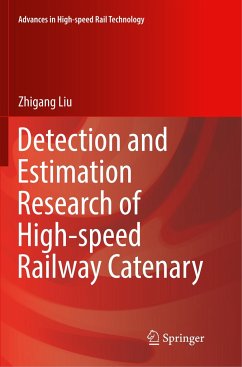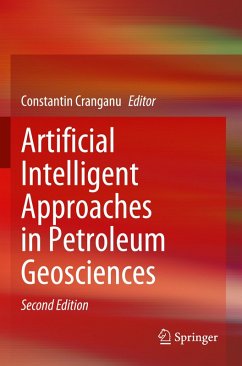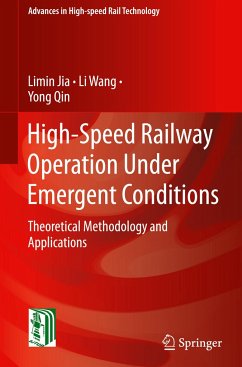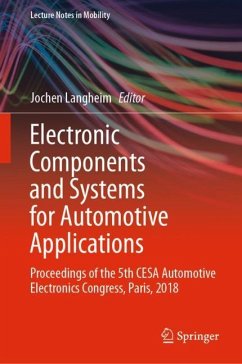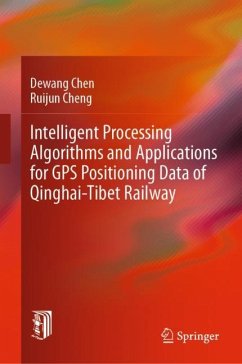
Intelligent Processing Algorithms and Applications for GPS Positioning Data of Qinghai-Tibet Railway

PAYBACK Punkte
38 °P sammeln!
Taking the Qinghai-Tibet Railway as an example, this book introduces intelligent processing for Global Positioning Data (GPS) data. Combining theory with practical applications, it provides essential insights into the Chinese Qinghai-Tibet Railway and novel methods of data processing for GPS satellite positioning, making it a valuable resource for all those working with train control systems, train positioning systems, satellite positioning, and intelligent data processing. As satellite positioning guarantees the safe and efficient operation of train control systems, it focuses on how to best ...
Taking the Qinghai-Tibet Railway as an example, this book introduces intelligent processing for Global Positioning Data (GPS) data. Combining theory with practical applications, it provides essential insights into the Chinese Qinghai-Tibet Railway and novel methods of data processing for GPS satellite positioning, making it a valuable resource for all those working with train control systems, train positioning systems, satellite positioning, and intelligent data processing. As satellite positioning guarantees the safe and efficient operation of train control systems, it focuses on how to best process the GPS data collected, including methods for error detection, reduction and information fusion.





